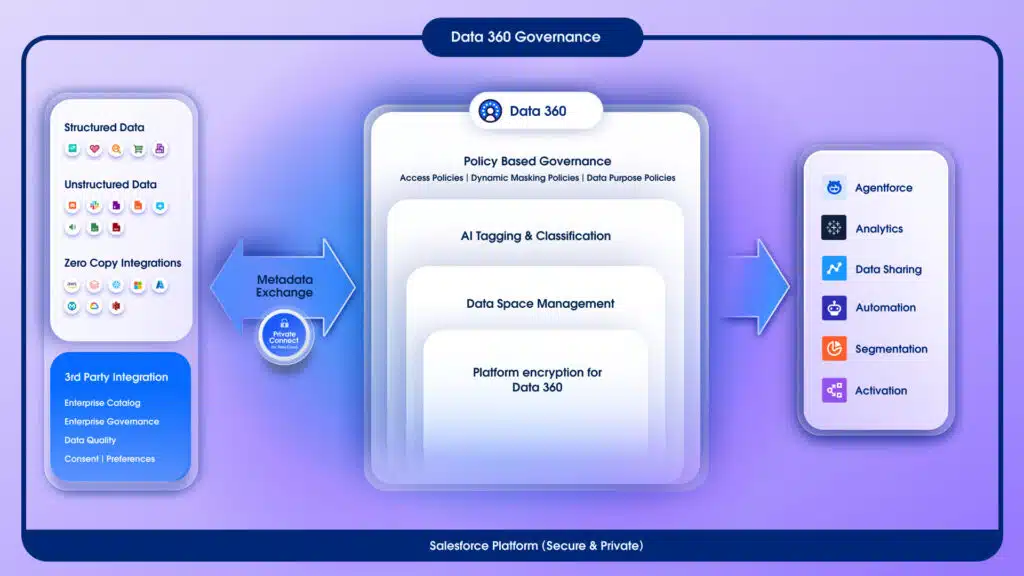The News: A collaboration has been announced between experience management provider Qualtrics and Epic, a provider of comprehensive health record (CHR) technology. With the ability to take in Qualtrics patient experience data and combine it with the health information in Epic, patients will be able to have a more personalized and friction-free patient experience. More information on the collaboration can be found on the Qualtrics website.
Qualtrics and Epic Collaborate for Patient Experience
Analyst Take: In the world of experience management, customer experience (CX) and employee experience (EX) get a lot of limelight. However, patient experience (PX) is an important piece of the experience puzzle and in many ways is far more nuanced and complicated than CX and EX. And it is complicated by the fact that people bring the same expectations they have with other products and services into their interactions with healthcare.
PX is deeply personal, with extra layers of process, paperwork, and regulation. There are also often outdated technologies in the healthcare segment and, like other types of experience categories, data is often kept in silos. This new collaboration helps with several of these pain points by connecting data to help support better, more personalized PX.
Combined Data to Fuel Improved PX
Epic is one of the largest providers of health information with its solutions being used by health systems, pharmacies, medical schools, retail clinics, and health plans in the US. Qualtrics has solutions that allow healthcare organizations to listen across a large swath of PX, allowing for data capture not just from surveys but from all the other data sources generated by a particular person. This includes unstructured data, such as phone calls, chats, and other interactions a patient may have had, or information from prior visits.
This collaboration will help to raise up PX data and insights and get them to providers and frontline staff, offering a deeper view into the patient’s interactions to date. If there is a patient with rising levels of frustration, for example, potentially having issues scheduling an appointment, the Qualtrics technology can discover that, analyze it, and mark it for follow up with the most appropriate team, through Epic. The team can then help to close the loop with that issue by communicating with the patient and rectifying the problem. Having this information better connected will allow for faster response time on issues, and discovery of potential points of operational shortcomings across the patient journey by identifying trends. It will also help support more productive and personalized interactions moving forward.
Another plus is that the data integration can simplify how data is exchanged to satisfy regulatory reporting, such as Hospital Consumer Assessment of Healthcare Providers and Systems (HCAHPS).
People have many more options in how their care is delivered and how they access their records, get a prescription, make or cancel appointments, look at test results, etc. This results in many more touchpoints along a patient’s journey. For any provider in the healthcare ecosystem, each interaction point is an opportunity to provide a good experience or one that will cause friction and dissatisfaction. Finding ways to root out these moments, and more importantly, act on them, will help level up PX at scale. And from the human perspective, the consolidation of this data can result in deeper personalization for a patient, and a feeling of being “known” in a circumstance that can feel impersonal and oftentimes frustrating.
Disclosure: The Futurum Group is a research and advisory firm that engages or has engaged in research, analysis, and advisory services with many technology companies, including those mentioned in this article. The author does not hold any equity positions with any company mentioned in this article.
Analysis and opinions expressed herein are specific to the analyst individually and data and other information that might have been provided for validation, not those of The Futurum Group as a whole.
Other insights from The Futurum Group:
Qualtrics Broadens XM for Healthcare With New Solution
Real-Time Engagement Builds a Better Patient Experience
Author Information
As a detail-oriented researcher, Sherril is expert at discovering, gathering and compiling industry and market data to create clear, actionable market and competitive intelligence. With deep experience in market analysis and segmentation she is a consummate collaborator with strong communication skills adept at supporting and forming relationships with cross-functional teams in all levels of organizations.
Sherril holds a Master of Business Administration in Marketing from University of Colorado, Boulder and a Bachelor of Arts in Psychology from Rutgers University.







